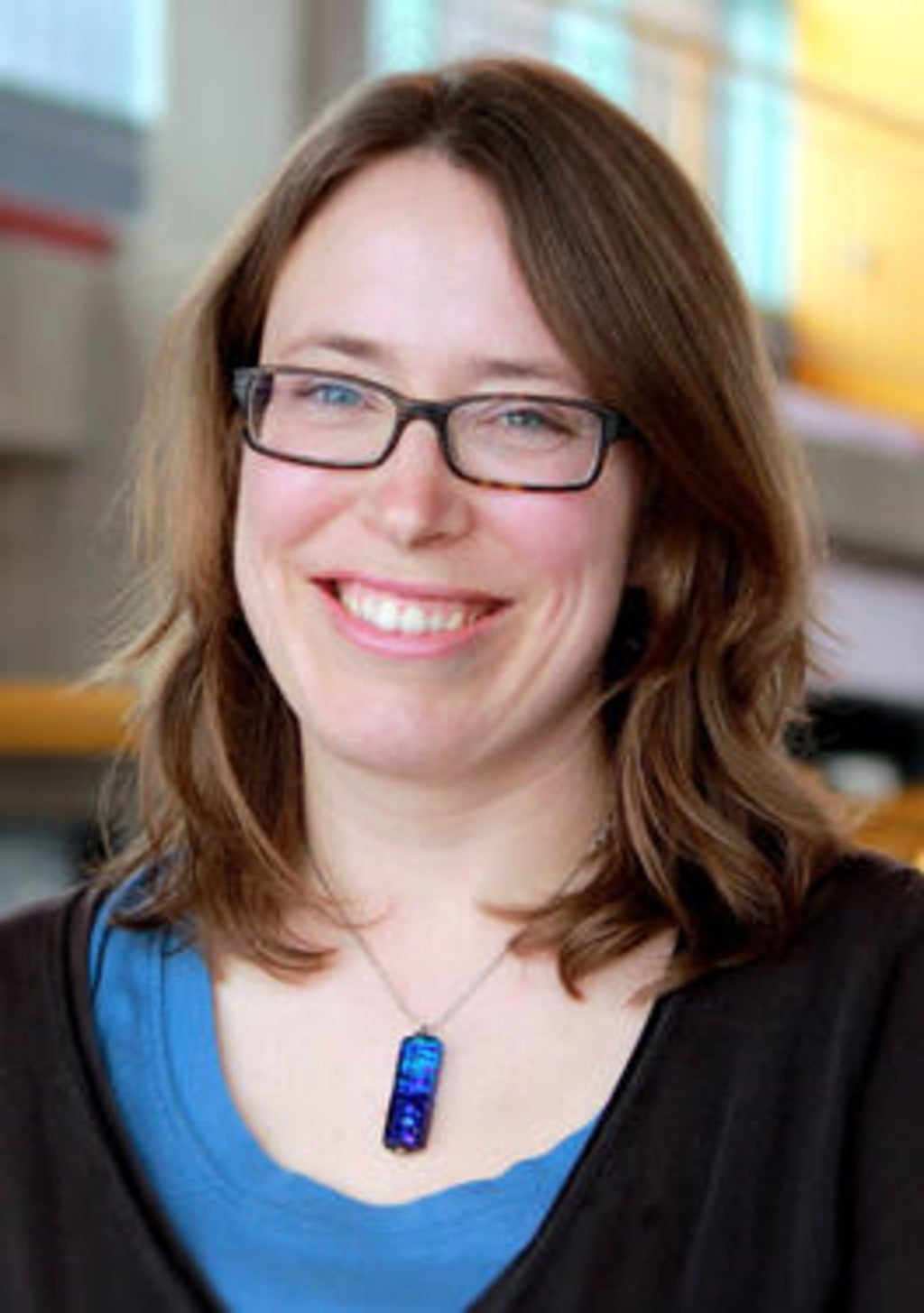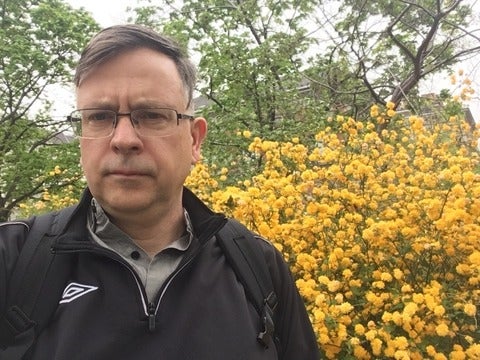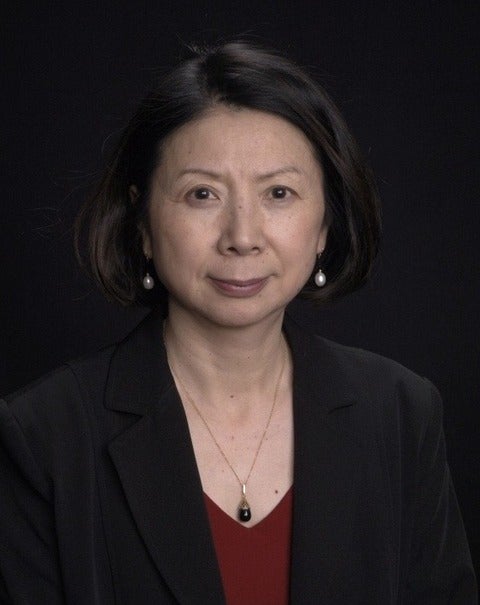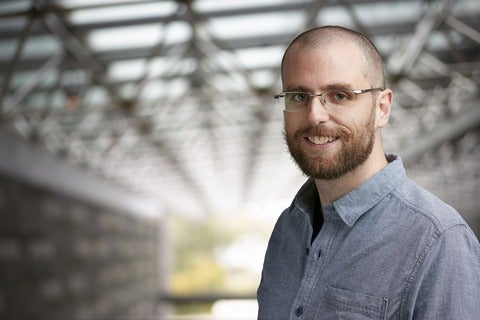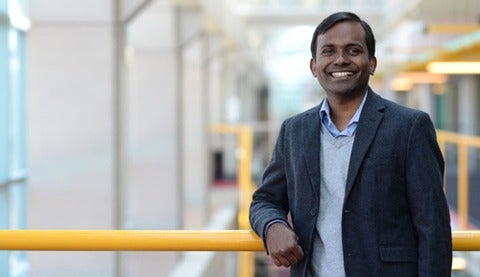Is The Success of AI Dependent on Social Understanding and Cooperative Intelligence?
Cheriton School of Computer Science Professor Kate Larson and her international colleagues have published a commentary in Nature about the need for cooperative artificial intelligence — beneficial AI with social understanding.
AI assistants and recommendation algorithms interact with billions of people every day, yet they have little understanding of humans. Professor Larson and her colleagues argue that AI needs social understanding and cooperative intelligence to integrate beneficially into society.
